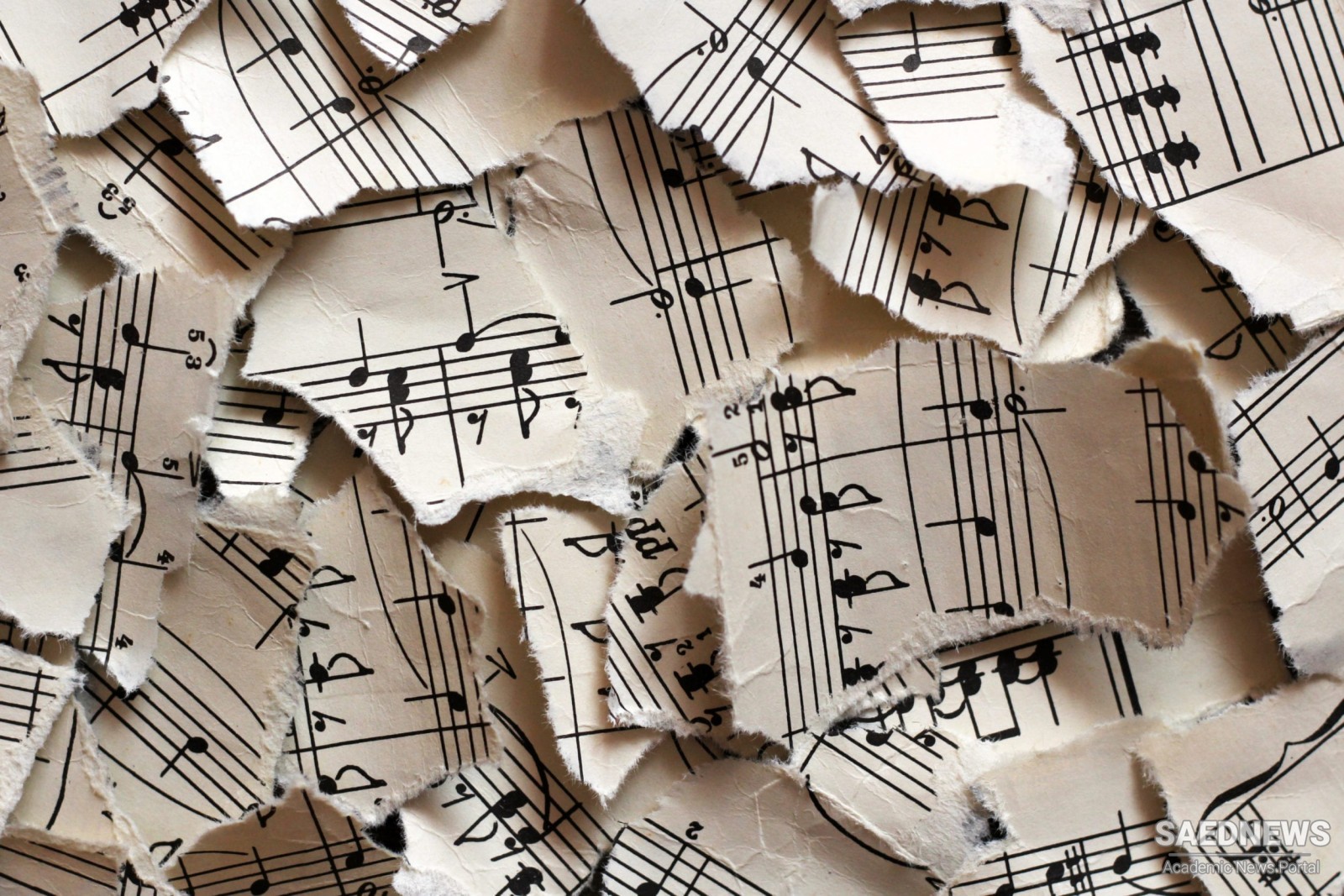In modern music a change of key, without a change of time, is not sufficient to animate or depress the spirits much: measure must concur as an auxiliary; and mere modulation, though it has its effects, yet it can boast of none like those said to have been operated by a change from the soft Lydian, or grave Dorian, to the furious Phrygian. We should rather suppose then, that in times of musical refinement among the ancients, when the characteristics of national melody were somewhat effaced, the names of the musical modes had much the same use as our technical terms, grazioso, grave, allegro, confuria: and that in lyric poetry there were particular species of feet and versification allotted to each mode. If that was the case, we might easily suppose that a change of mode would be a change of style and of measure. This seems a very natural idea, and yet it has never been suggested by any of the writers who have treated the subject, and who have been so willing to allow miraculous powers to the Greek modes, except one, Teodato Osio, who, in a very ingenious little tract, published in Milan, 1637, called Uarmonia del nudo parlare, has something like the same idea, which he slightly mentions, however, with a perhaps, per aventura. Speaking of the Mixolydian mode, he says, "I have often thought that it might have resembled the trochaic foot ; as the Phrygian might the Anapest ; the Hypophrygian, the Iambic ; the Hypodorian, the Dactyl; and the Doric gravity might likewise have been expressed by the sluggish spondee. Indeed the ancients frequently speak of the Phrygian and Lydian modes, in terms which seem to imply different measures. Heraclides of Pontus, in Athenaeus, lib. xiv. p. 614, describing what he calls the three most ancient modes, says "the Dorian is grave and magnificent, neither too diffusive, gay, nor varied ; but severe and vehement. The JEolian is grand and pompous, though sometimes soothing, as it is used for the breaking of horses, and the reception of guests ; and it has likewise an air of simplicity and confidence, suitable to pleasure, love, and good cheer.


 Mode in Ancient Music
Mode in Ancient Music














































